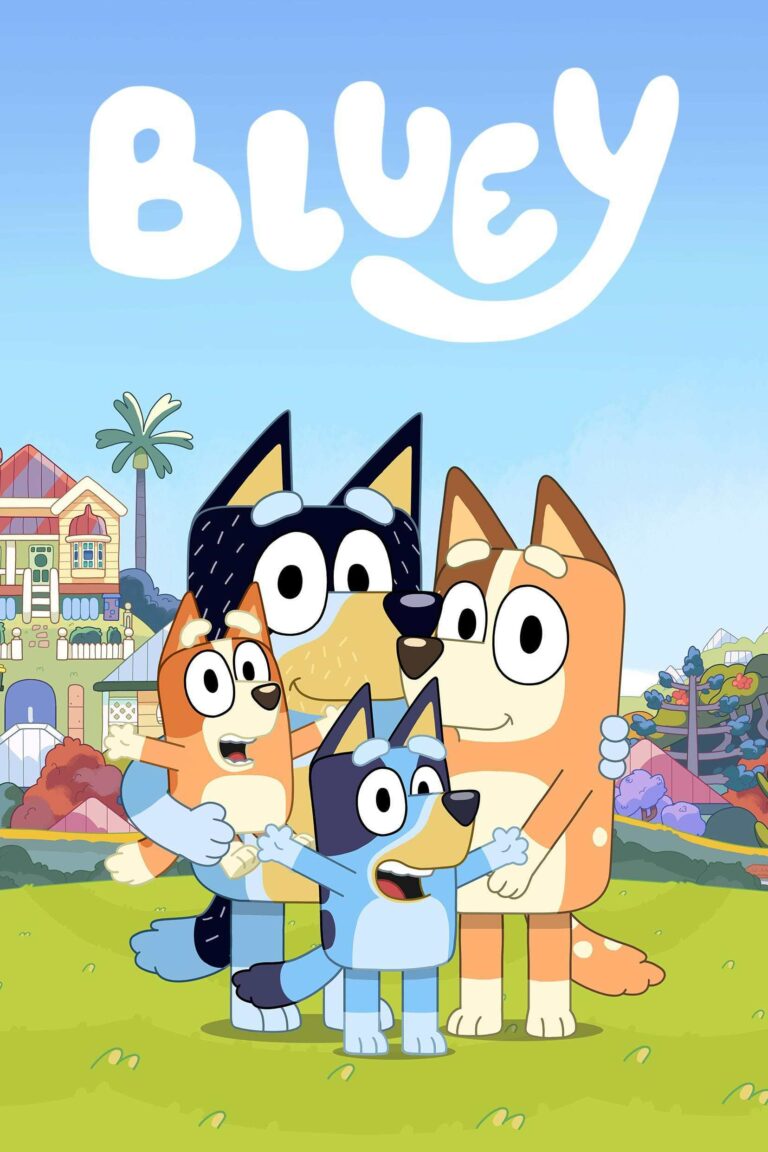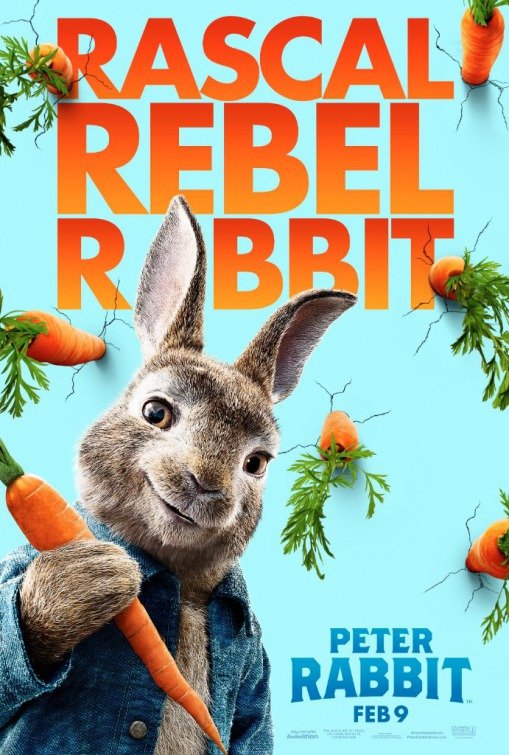
How AI and ChatGPT are Changing Education
By Movieguide® Contributor
As AI program ChatGPT becomes more mainstream and powerful, teachers consider this technology’s place in the classroom.
The release of this revolutionary technology at the end of last year gave students access to some of the most powerful cheating technology ever created and caused problems for teachers across all levels of education.
It wasn’t long before students were caught trying to pass off ChatGPT’s work as their own, and syllabuses and policies needed to be updated to outline the consequences of using said technology.
“We need to say, full stop, that any attempt to pass off work of someone or something else’s as your own is deceptive,” Jason Thacker, professor of philosophy and ethics at Boyce College in Louisville, Kentucky, said.
“In certain situations, it would be beneficial to ban a technology like this, but [the] reality is you’re never going to ever truly ban it,” he continued. “You’re never going to be able to keep students from using it because if you banned it on school computers, the next thing you know, they’re using their smartphone tablets, or they’re using it at home.”
Rather than try to ban the technology, high school teacher Kyle Kellogg believes teachers should focus on guiding students to make honest choices and help them understand why they shouldn’t cheat.
“It’s not new for students to try to gain an edge,” Kellogg said. “Teaching is such a people business. It’s not a technology business. It’s a relationship between teachers and students and trying to convince students that what you’re selling is worth doing the right way.”
Thacker and Kellogg both understand that AI technology is here to stay, and to help students succeed in the future, they need to instruct them on today’s emerging technologies.
The current AI systems work by compiling information from online sources and are oftentimes not accurate about the information they provide. Thacker and Kellogg see this as an opportunity to teach students about information sourcing and how to determine the credibility of the information they read.
“Some of the current limitations and kinds of drawback to a system like this is it doesn’t show you where the information came from,” Thacker said. “They’re not just good or bad, but they’re also not neutral, and they’re distinctly shaping the way we view the world.”
This technology is also going to be implemented in fields that have historically been purely human endeavors. Denying students opportunities to work with the technology only serves to set them back.
“We as educators are educating students about how to prepare for a post-2023 world where these things are realities,” Luke Phillips, executive director of marketing and enrollment at Pepperdine’s Graduate School of Education and Psychology, said. “I think we do all of us a disservice if we don’t incorporate this kind of learning in the classroom.”
Some educators are fully embracing these AI tools and even using them to help automate the more menial aspects of the job.
Brian Stiles, a high school journalism teacher, uses ChatGPT to create writing prompts for his students.
“It can spit out all kinds of really generalized ideas for stories that they can tell, which is a great starting point for a lot of kids, especially the ones that struggle with coming up with creative approaches,” he said.
Rather than asking students should be able to use ChatGPT, the narrative should be based around the use of technology and the way it can help or hinder people’s ability to think critically, develop opinions and use technology to learn, rather than just consume.
Beyond the education sphere, Thacker also hopes that Christians will focus on the way technology affects the whole person.
“It’s shaping us in many ways, shaping our understanding of God, changing our understanding of ourselves, shaping our understanding of the world around us and how we interact with one another,” he said.
Movieguide® has previously reported on ChatGPT:
The latest in AI technology is a chatbot called ChatGPT, which is reportedly the fastest-growing app in history, according to a new UBS study.
The chatbot from OpenAI had 13 million unique visitors per day in the month of January, in only its second month live.
“In 20 years following the internet space, we cannot recall a faster ramp in a consumer internet app,” USB’s analysts wrote in the study…
ChatGPT has been immensely popular almost immediately after launch, with people using it for a wide variety of tasks, ranging from writing silly poems, to cheating in college essays, to having the bot write malware. Microsoft, who was a previous investor in OpenAI, recently invested an additional $10 billion into the company, and is said to be working on integrating ChatGPT into some of its services, including Bing(Opens in a new window). ChatGPT also caught the attention of Google, who is said to be developing several public-facing AI tools of its own(Opens in a new window).
Questions or comments? Please write to us here.


 - Content:
- Content: 

